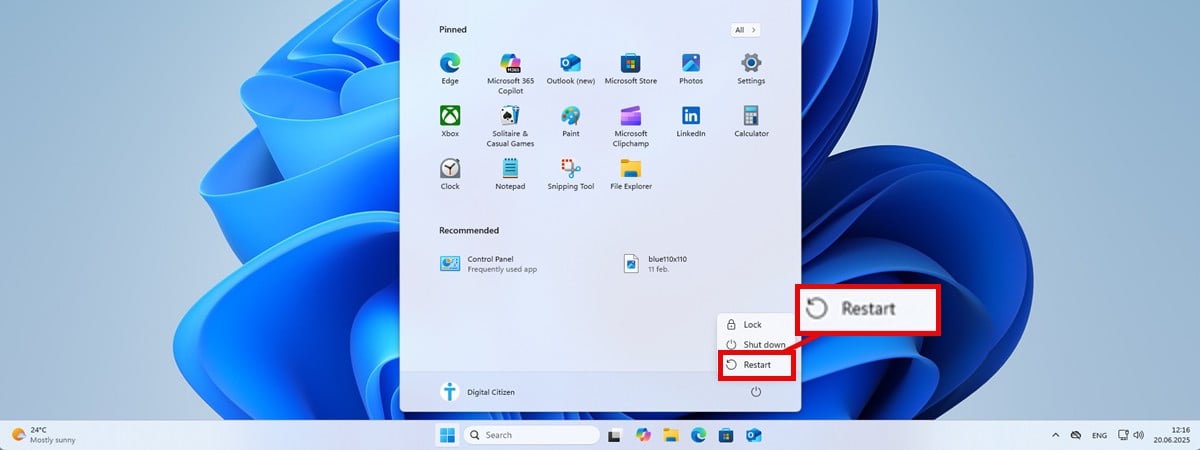How to Get Your Hands on One of Nvidia’s New Graphics Cards

We may earn a commission from links on this page.
Soon after Nvidia’s new RTX 5080 and 5090 gaming GPUs went up for sale last week, they sold out pretty quickly—which shouldn’t be a surprise to anyone who has tried to buy one of its graphics cards before.
According to PC parts seller Newegg, the company’s stock sold out “within minutes,” and none of the big-name retailers I’ve checked today have cards available. While that might sound like a success on Nvidia’s part, consumers and reviewers alike are responding to the short supply with ire, accusing Nvidia of a “paper launch,” a term for when a company only releases enough units to say that a product released on schedule, without actually making it readily available.
Starting at $999 for the 5080, these products were always going to be for a premium market, but buying them now can mean going through resellers, which could cost you twice as much and means supporting the same scalpers that make stock so hard to find in the first place.
Luckily, there are still a few steps you can take to get a new Nvidia graphics card through official means, although it will take some trial and error. But with enough diligence, you can be sure to get in line for a new card as soon as stock opens up.
Sign up for notifications
Credit: Best Buy
It’s boring, I know, but major retailers including Newegg, Best Buy, Amazon, and B&H offer the opportunity to sign up for stock notifications when a product is in limited supply. (You’ll usually see this to the right of or underneath a grayed out buy button on the product page.) These will often be incorporated into a wish list feature, so you can quickly check in on all of your desired products and keep track of them—useful if you have a specific PC build in mind.
Try visiting your local Microcenter
Microcenter is a popular electronics store that sets itself apart by offering the majority of its goods only in-store. Currently, its stock is as sold out as everyone else’s, although a big banner at the top of the store’s website says it’s working hard to restock as soon as possible.
Shopping at your local Microcenter drastically reduces your competition: rather than having to compete with the entire world, you only have to compete with your local community. Even better, you can still look products up online to ensure stock is available before making the trek to the brick-and-mortar location. Simply visit the product page, input your store (assuming your cookies don’t tip off your location for you), and you’ll know before visiting whether your visit will be fruitful. Some products will also let you reserve a unit for in-store pickup before arriving, although for new GPUs, Microcenter is more likely to take a first-come, first-served mentality.
Getting notifications when a product comes into stock is well and good, but ideally, you’re getting prepped to click the “buy” button well before it’s even available. That’s where industry insiders come into account.
These are social media users who, through protected sources, sometimes know when sales happen before they go live. There are entire publications and newsletters dedicated to this, although you sometimes have to use your best judgment when knowing who to believe.
My favorite account for this purpose, personally, is @Wario64 on X and Bluesky. Down-to-earth with a good (but not overbearing) sense of humor, they haven’t let me down yet. In-Stock-Alerts-US has also proven reliable in the past, as has journalist Matt Swider. Unfortunately, many accounts that have been useful in the past have since stopped updating.
Alternatively, you can also use a stock tracking website like NowInStock.net or TrackaLacker to track stock across various storefronts.
Avoid resellers whenever possible
Going through the above process might seem annoying, but trust me, buying through a reseller is only going to make things worse for everyone. Yes, eBay is where you’ll find the most stock, but it’s also going to cost you way more than going through official sources, and there’s no guarantee that you’ll end up getting the real deal, or a GPU that hasn’t been used.
That said, when it comes to GPUs, Amazon can be as bad as eBay. Third-party sellers are abundant there, and it can be easy to confuse a legit seller with one that’s a little more dubious. If you want to go through Amazon, be sure to check the “Sold by” tag underneath the buy button before you add anything to your cart. That will tell you who you’re actually buying the product from.
Just buy a pre-built PC

Credit: Maingear
It might sound like sacrilege to a hardcore PC builder, but if you’re looking to get your hands on a new GPU as soon as possible, it can be easier to bite the bullet and go with a pre-built model. That’s because manufacturers like Maingear and Cyberpower often get special stock earmarked for them, and because their PCs are customizable, more expensive than a GPU alone, and are just all-around harder to stack in a warehouse somewhere, they’re less attractive to scalpers.
You’ll still pay a premium with this route, but you’ll get a whole PC alongside your GPU, plus save yourself the labor of construction. And if you price it right, you might actually still save money over what you’d pay for a resold card alone.











